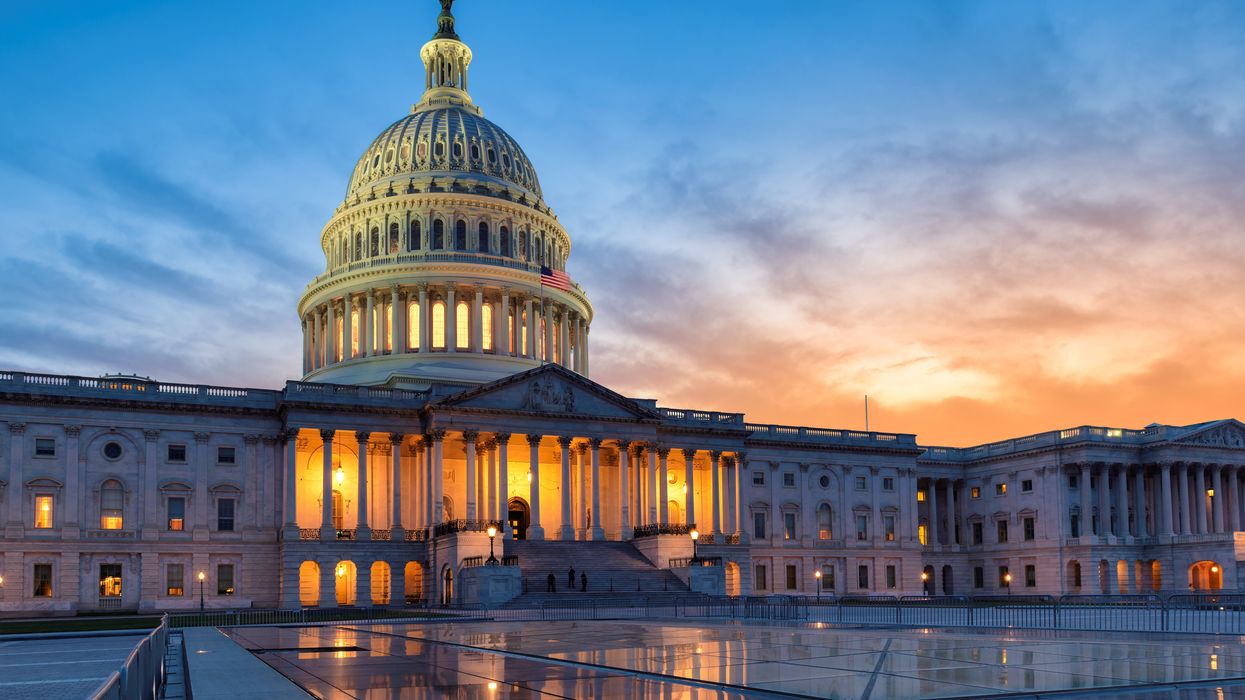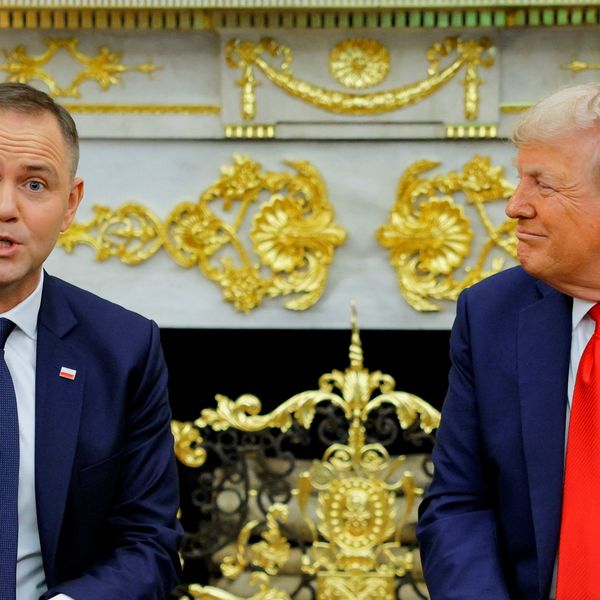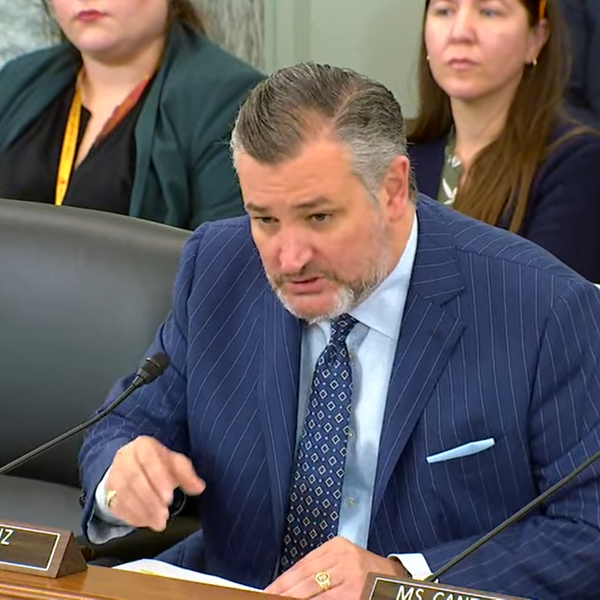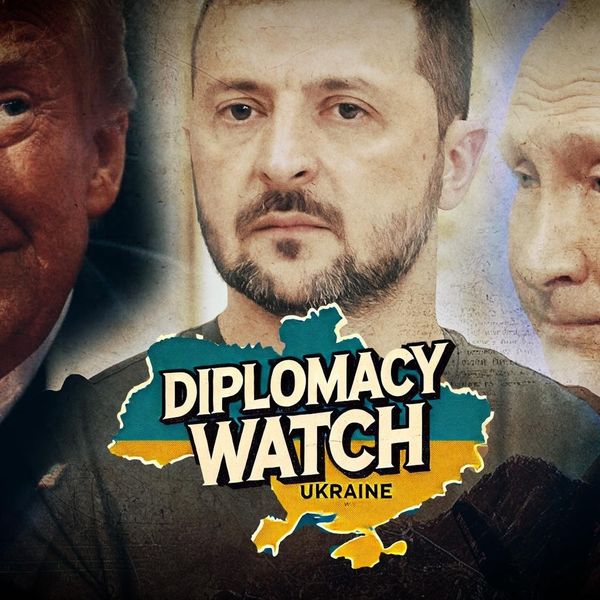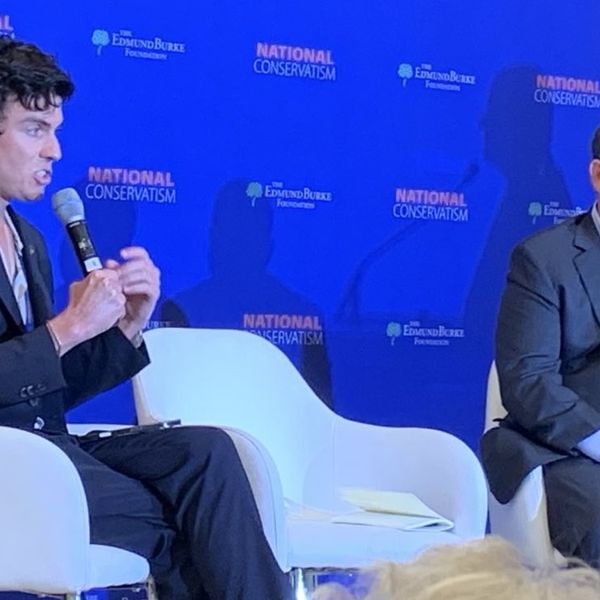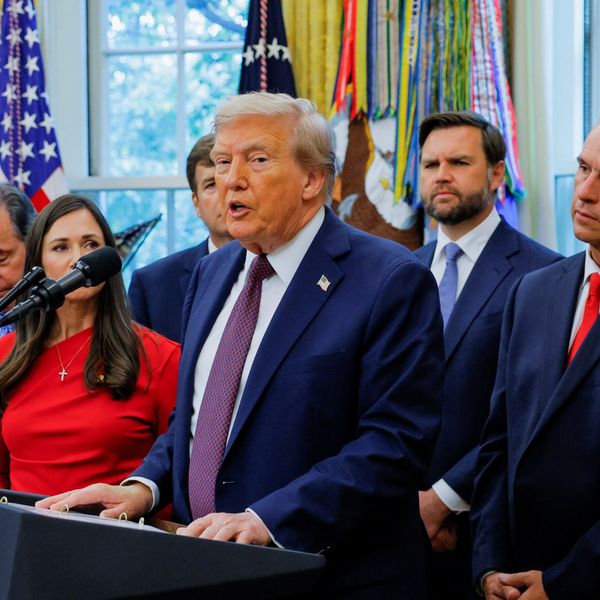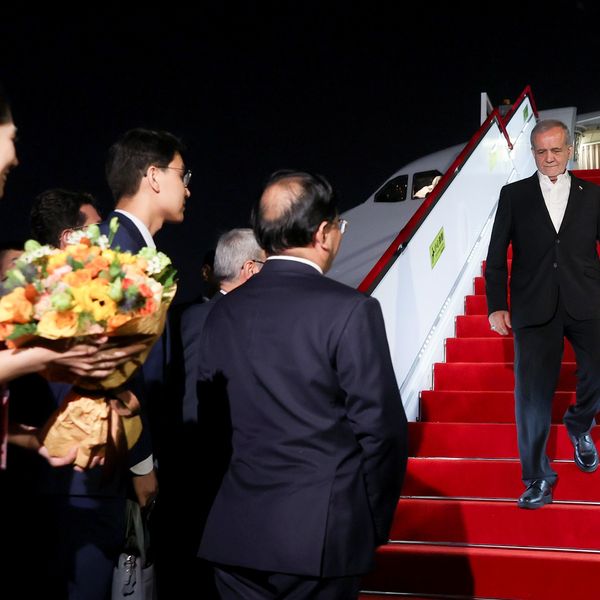Congress impeached Donald Trump for making national security decisions based on his domestic political desires. He is not alone. It is not just partisan politics, but the petty politics of parochial interests, contracts, elections, and campaign donations that heavily influence our military budgets, foreign policy priorities, and senior appointments.
With military budgets soaring, how can we be sure that a candidate’s promises will not be forgotten in the swamp of corporate and personal interests that distorts even the most earnest national security goals?
I have worked in Washington on national security issues for almost 40 years. For nine of those years, as a staffer on national security committees in the House of Representatives, I personally witnessed the enormous influence of defense contractors. I have seen the public interest repeatedly take second place to personal ambition and private profit.
That is why — whatever happens in the presidential elections — it is worth preserving the integrated national security strategy presented by Senator Elizabeth Warren.
Warren takes dead aim at a symbol that most politicians fear to touch: the Pentagon budget. Besides Senator Bernie Sanders, the other presidential candidates hardly mention it, though it now consumes over 60 percent of all discretionary spending. Perhaps, like most members of Congress, they fear to question this spending lest they be labeled “weak on defense.”
Shortly before Warren was officially a candidate, she gave a speech that did not shirk from this political dynamite. The $700 billion that we would give the Pentagon that year, she said, was “more than the federal government spends on education, medical research, border security, housing, the FBI, disaster relief, the State Department, foreign aid — everything else in the discretionary budget — put together.”
This is the critical starting point: rebalancing Pentagon spending with all the other tools of American power. Deploy diplomats before we send the Marines. Keep our allies united and our adversaries isolated. Make Americans the best educated people in the world not just the best armed. Diversify energy sources to reduce risk and military burdens.
This year, the Pentagon budget will soar to $750 Billion. It is “unsustainable,” says Warren. “If more money for the Pentagon could solve our security challenges, we would have solved them by now.”
Warren includes nuclear policy (my professional focus) in her critique. She correctly identifies three key principles that get at the core of what is wrong with our current strategy and maps the direction she would take. No new weapons; more arms restraint, not less; and never start a nuclear war.
Simple, right? But while other political figures support these positions, Warren integrates them with a keen understanding of how our government works. It is not just about having the right policies, it is about having the right people, uncorrupted by the rivers of money that flow through Washington.
This means having a plan for reforms on anti-corruption, democracy, campaign finance. It means — and this is very hard for Washington insiders — a strong ban on lobbyists. The current Trump approach of placing former lobbyists in charge of federal departments that regulate the very companies they once worked for (and may again) is extreme but not all that far from traditional government practice. Warren wants vigorous efforts to close the revolving door between government and companies getting rich from government awards.
As a committee staffer in the 1980s, I worked on exactly this type of ban. The contractors, the administration and many of the members of the committees benefiting from contractor donations fought us. We were lucky to get any ban at all, but it was too weak.
The approach Warren champions would enact stronger, commonsense ethical barriers. “We will end this kind of revolving door corruption,” she pledged in a comprehensive plan to restore “integrity and competence in government.”
I know from my own experience that it will be impossible to stop unneeded weapons, give the troops the support they need, shrink bloated budgets if we do not have officials in place devoted to new effective policies, not past or future lucrative jobs.
We cannot exempt national defense from strong anti-corruption policies. Wrapping a program in a flag does not make it pure, or patriotic. Restoring integrity to our federal spending has to be a whole of government campaign, requiring the best ideas and best practices. Warren’s plan deserves a prominent place in that effort.
Editor's note: The author of this article was an informal, volunteer adviser to Sen. Elizabeth's Warren's presidential campaign. Responsible Statecraft and the Quincy Institute do not endorse any political parties or candidates.


